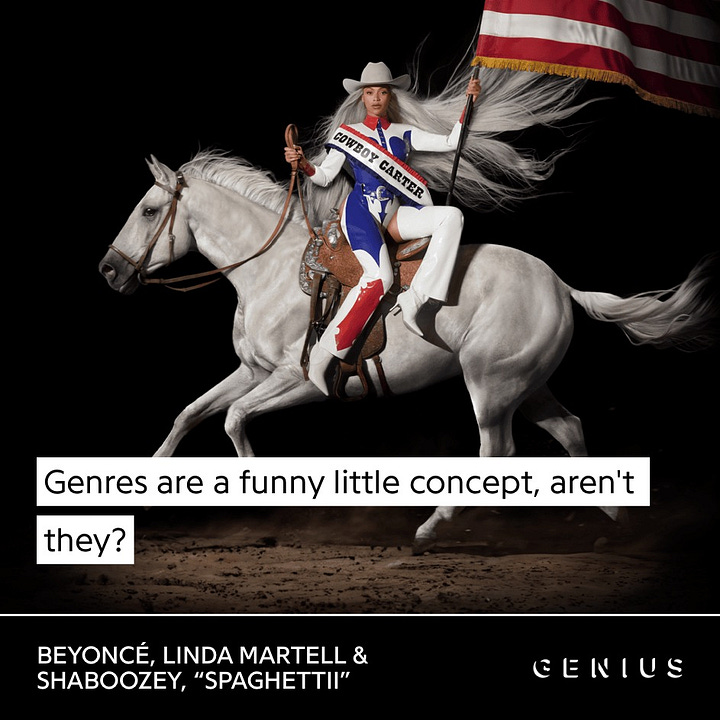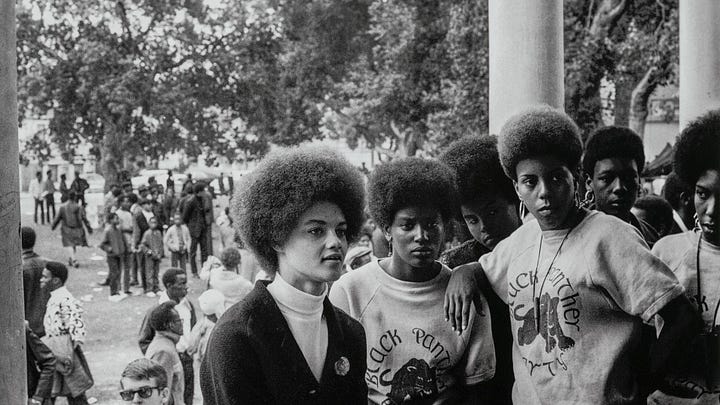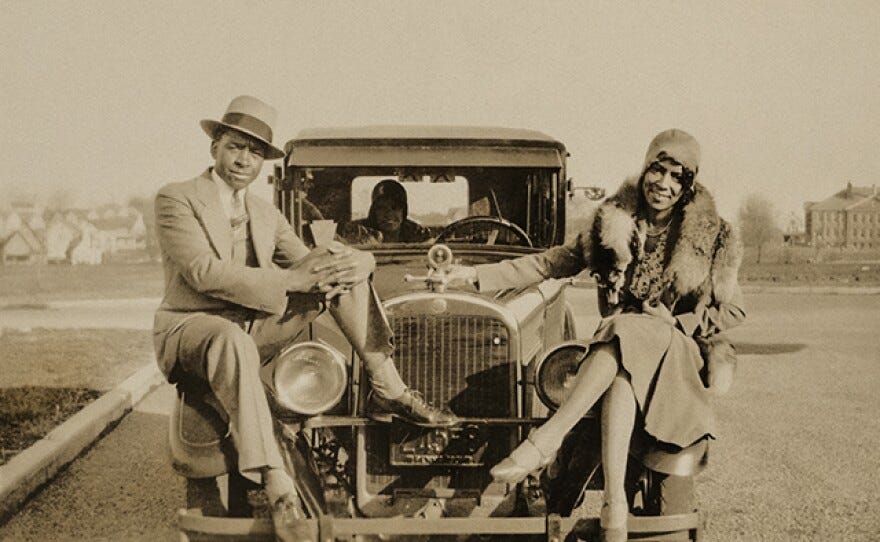808s and Red Clay
Exploring the Overlooked Connection Between Southern Hip-Hop and Black Rural Life
Before Atlanta became the mecca and before Southern hip-hop took over, the South was already running things. From blues to gospel to the earliest forms of country music, the South has always been the heart of Black culture and music. Southern rap just brought it all together, bridging country roots with 808s. This one’s for our country cousins who’ve been holding it down since day one.
This think piece emerged from a thought experiment sparked by Cowboy Carter’s album. The album is beautiful, and the songs that came across as mainstream country were some of the best mainstream country music songs this year. She highlighted Black country music singers throughout the album. Then the song Spaghetti came across the headphones, and the intro, which talked about genres being confining, sparked a thought. This observation opens the door to a broader conversation: How do country roots show up in Southern hip-hop, and why has this connection gone uncelebrated as of late? Does Southern hip-hop have roots deep in country life? Peep game, lock in, and in the words of Big K.R.I.T., “Lemme tell you bout this Country Sh*t.”


Let’s take it back on the timeline. Stay with me. When the ancestors were freed post-Civil War, the majority of the freed stayed in rural areas of the South and were farmers (pretty country). The music being made at this time is the foundation of most genres of music in America, but that’s a story for another time. This stayed the status quo until around 1910, which marked the beginning of what was called the Great Migration. This is when Black people from the South moved out and spread across the country. Then came the Second Great Migration, which started in the 1960s and continued through the 1980s. Your favorite Southern rappers were probably born within this window.
The Black Mecca: Atlanta
Atlanta is the mecca of Southern hip-hop and a Black cultural hub. Southern hip-hop grew in popularity in the mid-90s and peaked around 2010. Artists and producers flooded into Atlanta, making it the epicenter of one of the most popular eras in hip-hop.
What does all this have to do with Southern hip-hop having a case for being some form of country music? Hold on now, be patient. The artists and producers who flooded Atlanta were often from rural areas or had parents with strong country ties. For example, Jeezy lived in a town in Georgia with a population of around 5,000 people, and Ludacris moved to Atlanta at age 9 during the Second Great Migration. The Second Great Migration played a crucial role in shaping the South, especially Atlanta. But what made the city such a major draw?


The Second Great Migration was the movement of Black people back to the South. It was fueled by the Civil Rights Movement and the loosening grip of white supremacy on the South. With the rise of sundown towns in non-Southern states, the dismantling of segregation, and the rollback of some Jim Crow policies, the South looked more inviting, causing Black folk to migrate back.
Atlanta, with its multiple highly regarded HBCUs, a growing job market, and the ability for Black people to live in areas of the city they were once barred from, became a hot destination. In all reality, it was the only major city in the South that could have handled the growth that proceeded to lead to a Black Mecca.
The music of this time flowed through Atlanta but had roots all across the South. To this day, you can see artists from the South come to Atlanta for work. The biggest example is Metro Boomin, one of the top producers in hip-hop today. Though he’s from St. Louis, he resides in Atlanta.
The South Had Something to Say
The pioneers of Southern hip-hop—OutKast, 2 Live Crew, Three 6 Mafia—came through in the 90s during the East Coast vs. West Coast rap battles and started dropping heat that took over the clubs and dance floors. Their music had blues and soul packaged into a new era of hip-hop.
The lifestyle of country Black folk can be found all across the decade-plus run of Southern hip-hop prominence. David Banner has songs like Mississippi and Cadillacs on 22’s. Ludacris has Southern Hospitality and Georgia, talking about red clay, crap shooting, and country slang, all over a Ray Charles sample. Nappy Roots has a song called Po’ Folks on their album Watermelon, Chicken, and Gritz.
The list goes on and on, but our country cousins need some respect put on their name. We need to embrace the cornerstone of Black culture: “that country sh*t.”








“Country gramma”